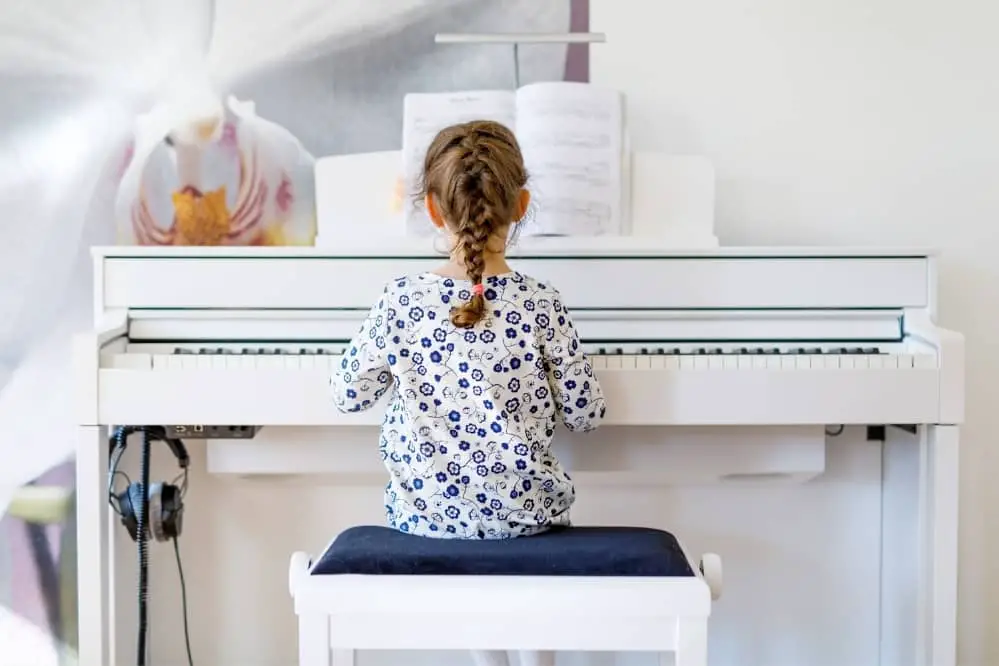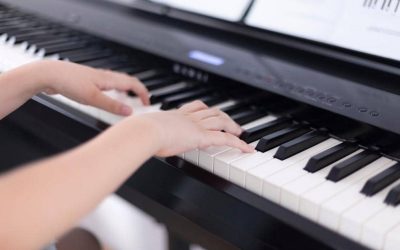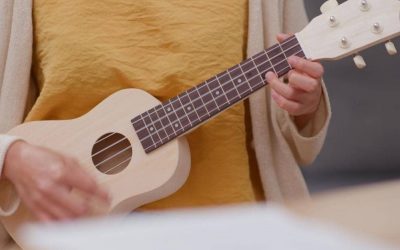Many, many people all around the world want to eventually learn how to play an instrument. After all, the ability to play music is one that can transcend languages, time, and differences between people. No matter where you are from, or how old the music you are playing is, a good song is something that everyone can appreciate. When it comes to learning about music itself, there is a lot to consider. Some people, by nature, are just musically inclined. These people can pick up music more easily and they can grasp the concepts needed to master music. Most people who play music learned it from a relatively young age, helping to engrain that music and the thought patterns necessary into their brains. Finally, there are some people who will learn how to read and play music when they are older.
Out of all the different instruments that people will learn for music, one of the most acclaimed instruments that a person can learn is the piano. There are plenty of reasons why a lot of people hold the idea of learning how to play piano above other instruments. There are more parts to learn how to handle, there is historical value in it, and it can also be used to help learn how to read sheet music.
With all of this being said, before someone chooses to start learning how to play an instrument, or before they start teaching someone about it, that person may begin to wonder what benefits he or she could get out of it. One claim that many people have had is that learning how to play the piano can make you smarter. The question is, is that really true? If it is true, does it apply to people who choose to learn how to play the piano later on in life, when their brains have matured?
Can it Make Someone Smarter?
Chances are that if you have read the studies and research that claim that playing a musical instrument can increase one’s IQ, then you may be wondering how well the piano plays into the mix. Before you can work on understanding how the piano can impact intelligence, you first have to understand how it does this. As a short answer, playing the piano can help someone become smarter, especially when that person takes up playing the piano when they are younger. If you are interested in playing the piano but you have done your growing, you can still get quite a few benefits that come with the concepts that understanding how to play the piano offers.
How Does This Work?
It isn’t the piano itself that makes you smarter and better at comprehending more complex problems, so much as it is all of the components of playing the piano. When you think about it and break it down, playing the piano is a complicated process. You have to be able to understand math enough to handle the timing and the meter of the music being played. You have to have an understanding of spatial intelligence and where your fingers are and the most fluid way your fingers can reach the next notes without hitting the wrong one. You have to understand how to multitask as you read the music, sometimes listen to other instruments in the song, and also time when you press the pedals of a piano. All of these thought processes at once can help someone get a grasp of many real-world benefits.
For example, math is something that is used in daily life, as is the science behind how the piano works as an instrument. Having spatial intelligence can help you navigate your life, but it can also help you in specific job settings where you need to be conscious of where things are in relation to other objects. Having the hand-eye coordination that is needed for playing the piano can help you be more efficient in just about every aspect of life. Finally, knowing how to multitask is something that every working adult needs to learn and can benefit greatly by learning it at a young age.
While pressing the keys on the piano are not what will make you smarter, taking up the task of playing the piano and dedicating yourself to learning the craft can have many impacts on your life outside of music and music-related aspects. This applies both to young children who want to take on learning the piano as an extracurricular activity and adults who are done growing who simply want to recreate their favorite songs.
When Is the Best Time to Play Piano?
Undoubtedly, the best time for you to start playing the piano to get all of the benefits of it will be when you are still young and your brain is particularly malleable. When a person is younger, they can accept new concepts more easily and they can retain that information deep in their brain for longer periods of time. For example, when you teach a child how to properly multitask from a young age, that child will be much better at multitasking than an adult who has only just recently learned how to do it. The best time to pick up all of the skills needed to play the piano is going to be at a relatively young age. This will have the longest lasting impact on the child, and it will also help the child retain those skills for a longer time.
Even if you are an adult who wants to learn how to play the piano, spending the time and dedication to get it done can provide the same benefits that it can for younger people. Those benefits just might take longer to appear in your life, and it can be a little bit harder to change from your usual mindset to a mindset needed to play the piano. With enough time, you can become smarter from learning all there is to learn about playing the piano.






